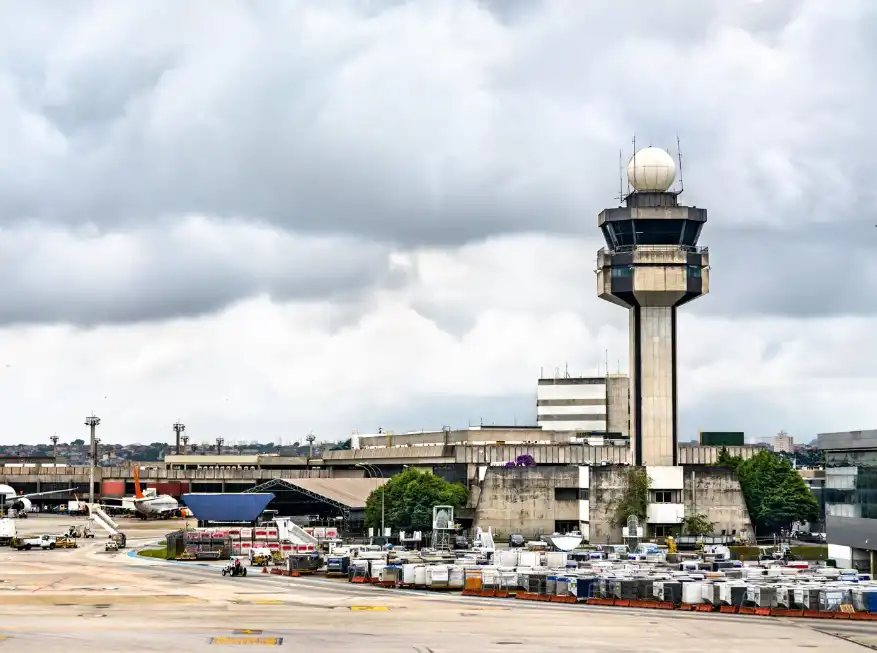FAA Tries to Stop Air Traffic Crisis with 20% Bonus for Retiring Controllers
To combat the growing air traffic controller shortage, the Transportation Department is offering a 20% bonus to delay retirements while fast-tracking hiring and training efforts across the U.S.

The U.S. Transportation Department has announced a 20% salary bonus for air traffic controllers who are eligible for retirement, urging them to stay in the workforce longer as the nation’s aviation system faces a deepening staffing shortage.
Transportation Secretary Sean Duffy emphasized that while long-term recruitment efforts are underway, retaining experienced controllers is vital to bridge the growing workforce gap. “We’re offering a significant bonus to those nearing retirement to stay longer. Their experience is essential as we bring in new talent,” said Duffy.
Despite the incentive, Duffy acknowledged that resolving the shortage will take “months, if not years.” The air traffic control system is grappling with longstanding challenges including insufficient staffing, outdated systems, and a lack of investment in infrastructure.
The urgency of the situation was highlighted by the January midair collision between American Eagle Flight 5342 and an Army helicopter, which tragically claimed 67 lives. That disaster, along with recent air traffic control outages at Newark Liberty International Airport, has intensified scrutiny on the system’s vulnerabilities.
To accelerate hiring, the Federal Aviation Administration (FAA) is deploying additional Tower Simulation Systems to train and certify controllers faster and more cost-effectively. These systems help simulate complex airport scenarios, reinforce safety protocols, and prepare controllers for real-world challenges.
Other measures include offering incentives to graduates who accept assignments at hard-to-staff facilities, streamlining the FAA hiring process from eight to five steps, and reducing long wait times for medical and security clearances. The agency is also boosting instructor numbers and launching a new Learning Center at its Oklahoma City academy.
Furthermore, Duffy is working to integrate military veterans into the civilian controller workforce, expand eligibility criteria, and implement urgent operational improvements at airports like Newark.
With a combination of experience retention, faster training, and improved hiring pathways, officials hope to stabilize the system and improve the safety and efficiency of U.S. air traffic operations.







